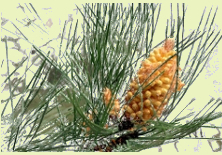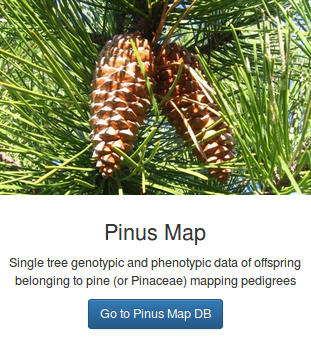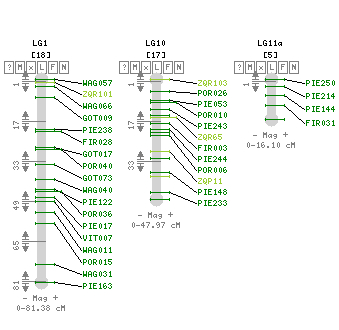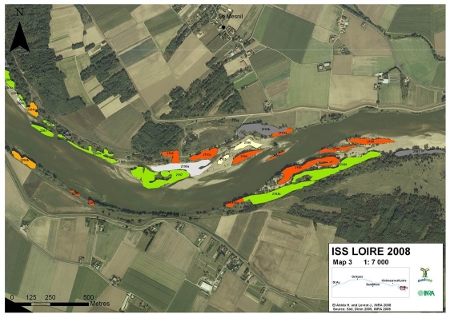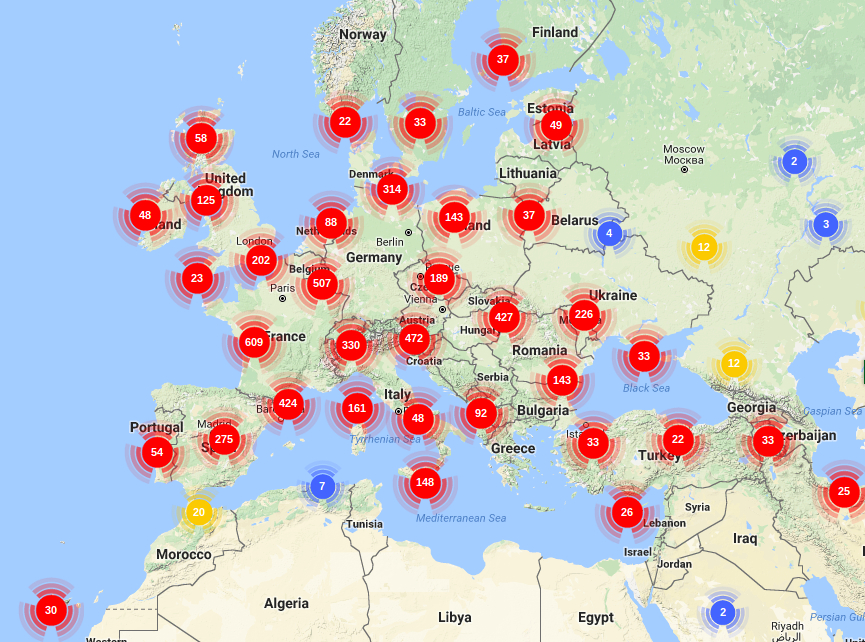NOVELTREE
NOVELTREE : Enable significant genetic improvement of the composition and characteristics of forest products to satisfy the needs of consumers and the forest-based sector
Funded by the EU
1 May 2008 to 1 May 2012
Website: http://www.noveltree.eu/index.php
Project overview
NOVELTREE will provide an improved understanding of the biology of forest tree species and enable significant genetic improvement in the composition and characteristics of forest products in order to satisfy the needs (e.g. quality, quantity, sustainability, vulnerability) of consumers and of the forest-based sector. The recent advances in the genomics of forest trees, the increasing knowledge of functional polymorphisms and the new understanding of the nature and origins of genetic variation should allow far more efficient management of breeding stock in order to exploit available genetic diversity and preserve it in the long term.
To achieve these goals, NOVELTREE will integrate an ambitious combination of approaches, including quantitative genetics & breeding, population genetics, genomics, pathology, tree physiology, forestry and economics.
The research of NOVELTREE will focus on model tree species of high economic importance which are representative of the four main European regions:
-
Maritime pine - Atlantic and Mediterranean Areas
-
Scots pine - Northern and Central Europe
-
Spruce - Scandinavia and UK
-
Poplar - Western Europe
Objectives
Knowledge and technologies developed through research are critical for increasing efficiency in the different steps of tree breeding programmes: recombination, testing, selection, improved stock production and deployment.
To reach this overall objective, NovelTree will:
-
Provide a list of morphological and physiological traits relevant as selection criteria to increase the competitiveness of the European forest-based sector and guarantee sustainability of European forests and ecosystems. The selection objectives analysed in NovelTree will be tolerance to pest and diseases, components of biomass production under sustainable management of environmental resources such as water, wood properties for present and future use and plastic response to climate change.
-
Identify functional allelic polymorphisms for a suite of traits of interest in an association mapping approach in order to improve selection efficiency and monitor genetic variation during the selection process. Demonstration on a few conifer model species and on poplar will prepare tree breeders to integrate an increasing understanding of the nature and origin of genetic variation privided by continuous advances in tree genomics.
-
Develop high throughput phenotyping and genotyping tools to implement in forest tree breeding programmes. These new tools will allow earlier genetic evaluation, higher selection intensity, increased accuracy in genetic prediction and better monitoring of genetic diversity along generations, both constituting important components of sustainable genetic gain per time unit.
-
Develop novel/improved breeding strategies and demonstrate their efficiency in different case studies. Particular attention will be given to multiple-goal breeding constraints including trade-offs between selection objectives, balance between short and long term genetic gains, and multigeneration schemes.
-
Provide European tree breeders, forest owners and land managers with support decision tools for optimal spatial deployment of improved genetic stocks in both prevailing and future climate, and under risk of pest and disease attacks.
-
Provide training in emerging technological approaches in connection with other European on-going projects (TreeBreedex, Evoltree, COST-E42, COST-E44) and disseminate the results to different publics and transfer technology to the forest-based sector.
To achieve these goals, NOVELTREE will integrate an ambitious combination of approaches, including quantitative genetics & breeding, population genetics, genomics, pathology, tree physiology, forestry and economics.
